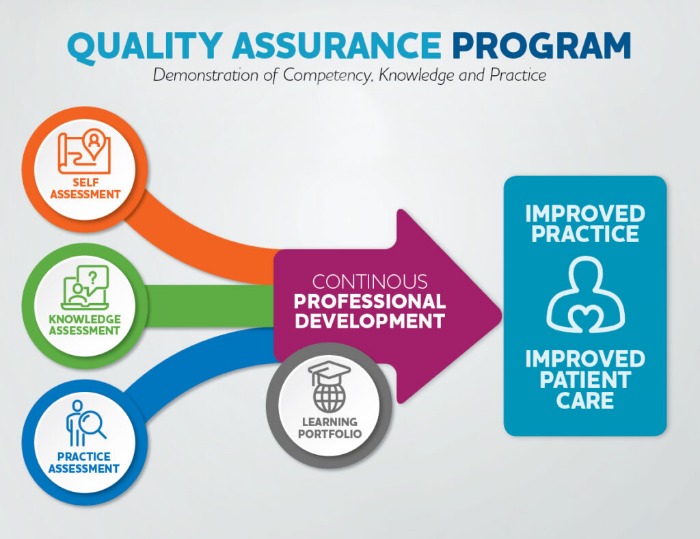In today’s fast-paced world, Non Emergency Medical Transportation (NEMT) and Non Emergency Transit (NET) services have become more crucial than ever. These services ensure that individuals with medical requirements that are not emergencies still receive the transportation they need. Utilizing customized solutions, these systems provide seamless and efficient transportation options.
Understanding NEMT and NET
Both NEMT and NET are designed to bridge the transportation gap for individuals who may have medical or mobility challenges. This includes elderly people, those with disabilities, or patients who require frequent medical visits.
The Importance of Customized Solutions
Customizing transportation solutions can significantly enhance the quality and efficiency of these services. Here are several benefits:
- Personalized schedules accommodate individual needs.
- Specialized vehicles ensure comfort and safety.
- Advanced booking systems streamline the transportation process.
Key Features of Efficient NEMT and NET Systems
For a transit system to be effective, it must incorporate several key features:
Reliability
Read more about NEMT here.
This is perhaps the most critical component of any non-emergency transportation service. Timely and dependable service ensures patients can make it to their medical appointments without stress.
Accessibility
Vehicles used in both NEMT and NET must be accessible to individuals with various types of disabilities. This includes features like wheelchair lifts and properly secured seating.
Affordability
Cost should not be a barrier for individuals requiring medical transportation. Subsidized programs and partnerships with healthcare providers can make these services more affordable.
Common FAQs about NEMT and NET Services
What types of medical appointments are covered?
Non-emergency transportation services typically cover a wide range of medical appointments, including routine check-ups, dialysis, physical therapy, and specialist visits.
How far in advance should transportation be scheduled?
It is generally recommended to schedule your transport at least 48 hours in advance; however, some services may offer shorter notice options for urgent cases.
Are these services available 24/7?
Many NEMT and NET providers offer round-the-clock services to cater to any patient needs, including late-night or early-morning appointments.
Conclusion
With the rise in demand for non emergency transportation, the integration of customized solutions into NEMT and NET services is paving the way for more efficient and patient-centered transit systems. The key to success in this field is focusing on reliability, accessibility, and affordability, ensuring that all individuals have the best possible access to transportation.

